Description
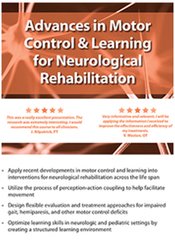
-
Ben Sidaway – Advances in Motor Control and Learning for Neurological Rehab
- Faculty:
- Ben Sidaway
- Duration:
- 6 Hours 25 Minutes
- Format:
- Audio and Video
- Copyright:
- May 31, 2017
- Reflex models
- Peripheral control
- Spinal control
- Hierarchical and information processing models
- The role of cognition
- Motor programs
- Mass-spring models
- Dynamics systems and ecological models
- The degrees of freedom problem
- Treating spastic gait in children with cerebral palsy
- Gait onset in children
- Facilitation approaches
- Manual guidance
- Current motor control approaches
- Bimanual coordination
- Treating asymmetric weight-bearing in patients with hemiparesis
- Improving performance of hemiparetic limbs
- Improving Parkinsonian gait
- Treadmill training in Down syndrome gait
- Treadmill training for patients with neurologic insults
- Improving motor coordination in patients with stroke
- Acquisition
- Retention
- Transfer
- Dual-task
- Modeling
- Verbal cues and instructions
- Feedback
- Contextual interference
- Spacing of treatment
- Mental practice
- Motivation and goal setting
- Improving motor skills in patients with Parkinson’s disease
- Dorsiflexion strengthening for foot drop
- The role of optic flow
- Perspective control
- Affordances
Description
In many rehabilitation settings, therapists are faced with the challenge of how best to teach motor skills to patients. In pediatric settings, the challenge is to optimize the learning of new skills, while in neurologic and geriatric settings, therapists primarily focus on changing inappropriate motor behavior and the re-learning of motor skills.
Successful therapists must be able to accurately determine the cause of motor skill impairments and then design treatment approaches that facilitate the learning or re-learning of motor skills. In today’s fast paced health care environment, therapists must be adept in structuring the learning environment to promote the quickest and longest lasting changes in a patient’s motor skills.
In this course, you will examine current theoretical and applied perspectives in the field of motor control and learning and will discuss their implications for therapeutic evaluation and treatment. Course discussion will be focused at the behavioral level and will compare and contrast information processing and dynamic systems models in understanding normal and pathological human motor behavior. Implications for treatment stemming from both approaches will be examined.
You will constructively criticize current assumptions underlying motor control rehabilitation and discuss how theoretical frameworks bias evaluation and treatment options. Given an understanding of past and current approaches to motor control and learning, you will be able to flexibly design their own unique treatment approaches to optimize functional outcomes in each patient.
Handouts
| Manual Advances in Motor Control (4.85 MB) | 79 Pages | Available after Purchase |
Outline
MODELS OF MOTOR CONTROL
CASE STUDIES
APPROACHES TO NEUROLOGICAL REHABILITATION
CASE STUDIES
ASSESSING MOTOR LEARNING
TRANSFER OF LEARNING VS. SPECIFICITY OF PRACTICE
PART-WHOLE PRACTICE TECHNIQUES
STUCTURING THE LEARNING ENVIRONMENT
CASE STUDIES
PERCEPTION-ACTION COUPLING
Faculty
Ben Sidaway, BSc, MA, PhD, MPT Related seminars and products: 1
BEN SIDAWAY, BSc, MA, PhD, MPT, is a professor of physical therapy at Husson College in Maine where he teaches motor control and learning, anatomy, neuroscience and research methods. He also operates his own home health rehabilitation practice and is the Director of the Kenduskeag Institute’s Human Performance Lab. Dr. Sidaway has practiced in neurologic, orthopedic, pediatric and geriatric settings. Prior to teaching at Husson College, Dr. Sidaway was a professor of motor control and learning at Louisiana State University where he received two Outstanding Teacher awards.
Dr. Sidaway is originally from England where he earned a BSc in kinesiology at Loughborough University of Technology. He undertook postgraduate work in physical habilitation at Liverpool University and later earned an MA in motor behavior and biomechanics from the University of North Carolina at Chapel Hill, a PhD from Penn State University in motor learning and control and an MPT from Husson College.
Dr. Sidaway has an extensive research background in motor control and learning with over 100 published papers and abstracts in national and international peer-reviewed journals. He regularly presents at scientific conferences and has made numerous invited presentations in the U.S. and Great Britain.
Dr. Sidaway has previously served as the associate editor of the international journal Human Movement Science and regularly reviews for other journals, including Physical Therapy, the official journal of the American Physical Therapy Association.
Speaker Disclosures:
Financial: Ben Sidaway maintains a private practice. He is a professor at Husson University. Dr. Sidaway receives a speaking honorarium from PESI, Inc.
Non-financial: Ben Sidaway is a member of the American Physical Therapy Association; the North American Society for the Psychology of sport and Physical Activity (NASPSPA); and the American Alliance of Health, Physical Education, Recreation and Dance (AAHPERD).
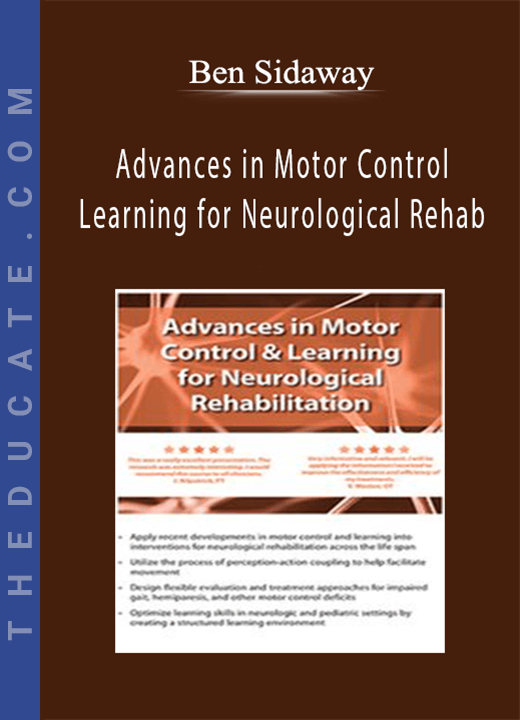

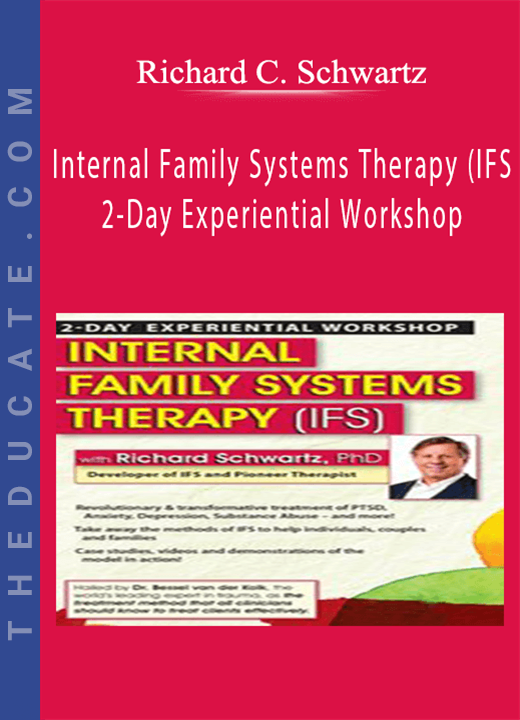
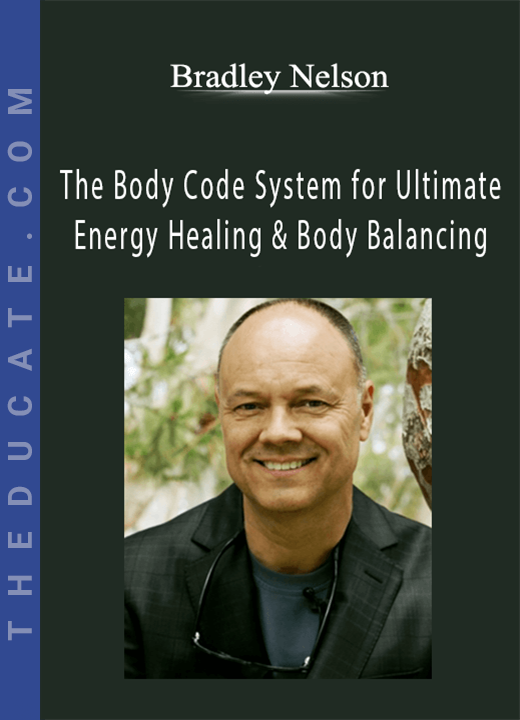
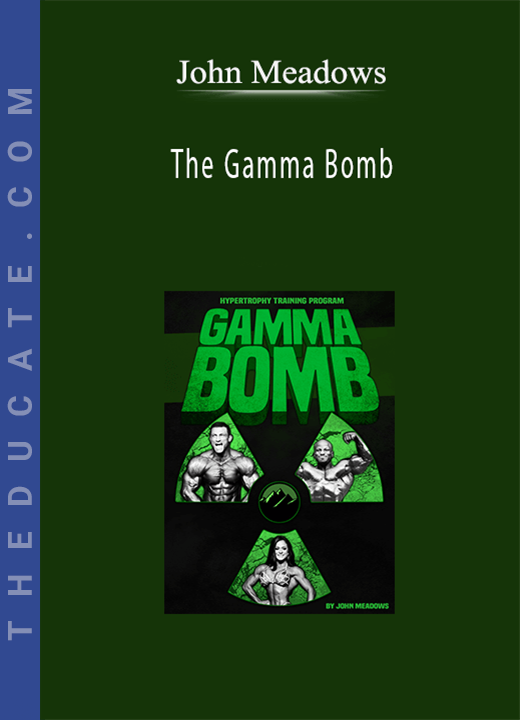
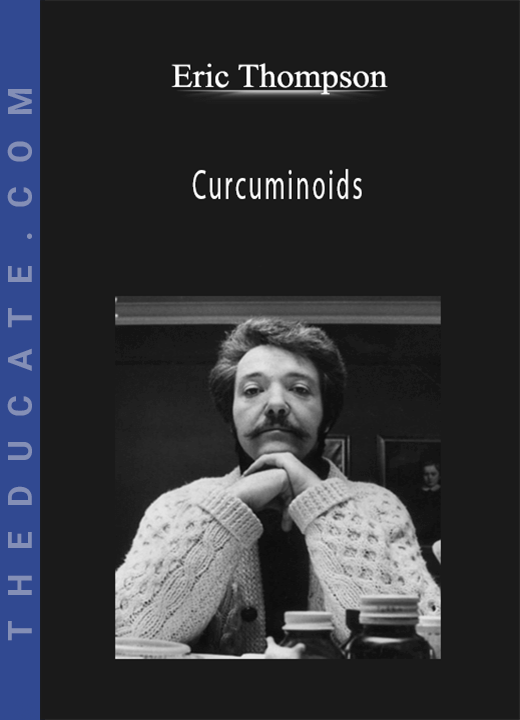
10 reviews for Ben Sidaway – Advances in Motor Control and Learning for Neurological Rehab
There are no reviews yet.